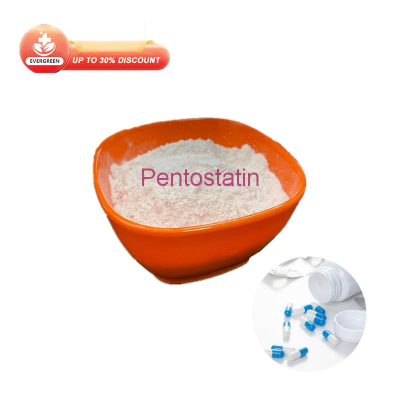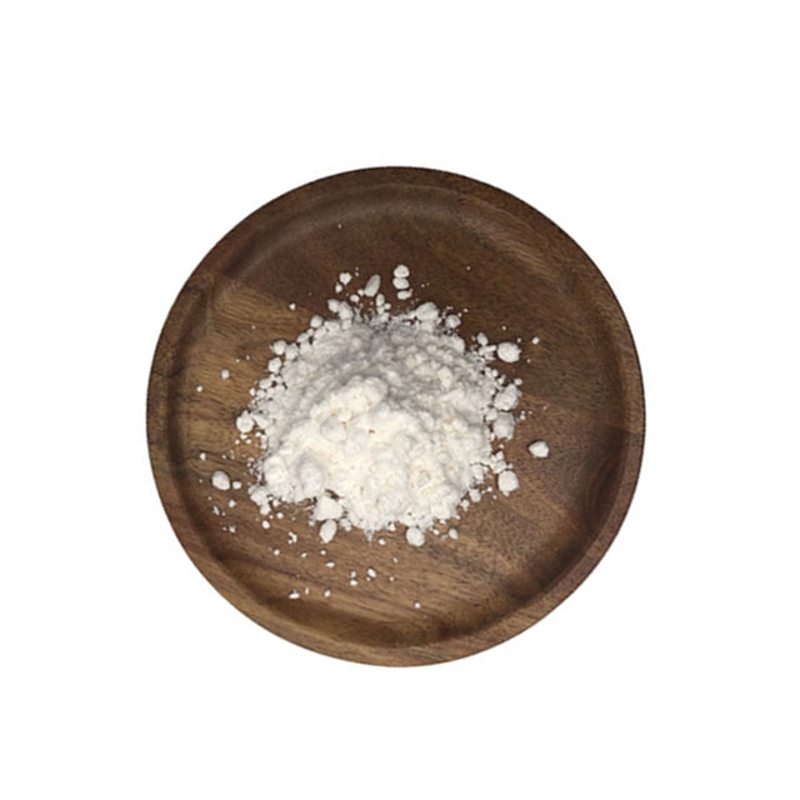-
Categories
-
Pharmaceutical Intermediates
-
Active Pharmaceutical Ingredients
-
Food Additives
- Industrial Coatings
- Agrochemicals
- Dyes and Pigments
- Surfactant
- Flavors and Fragrances
- Chemical Reagents
- Catalyst and Auxiliary
- Natural Products
- Inorganic Chemistry
-
Organic Chemistry
-
Biochemical Engineering
- Analytical Chemistry
- Cosmetic Ingredient
-
Pharmaceutical Intermediates
Promotion
ECHEMI Mall
Wholesale
Weekly Price
Exhibition
News
-
Trade Service
Proton pump inhibitor (abbreviated as PPI ) or hydrogen ion blocker is a drug that inhibits the hydrogen ion pump.
This drug has a significant and long-lasting effect on reducing gastric acid secretion, and is now the second to reduce gastric acid secretion.
A potent drug, second only to potassium competitive gastric acid inhibitor ( P-CAB )
.
This drug has a significant and long-lasting effect on reducing gastric acid secretion, and is now the second to reduce gastric acid secretion.
A potent drug, second only to potassium competitive gastric acid inhibitor ( P-CAB )
.
Proton pump inhibitor (abbreviated as PPI ) or hydrogen ion blocker is a drug that inhibits the hydrogen ion pump.
All along, PPI is the first-line treatment of many gastrointestinal diseases, it is widely used in the treatment of acute and chronic digestive system acid-related diseases, including gastroesophageal reflux disease ( digestive GERD ), digestive ulcer, upper gastrointestinal bleeding and related diseases
Recently, a study published in the journal JAMA Netw Open assessed the prevalence of PPI use, while exploring factors related to PPI , and focusing on patients receiving tyrosine kinase inhibitors ( TKI ), CPI, and capecitabine
.
This cross-sectional study in 2020 Nian 6 Yue 15 to 19 May and 6 Yue 22 to 26 on May 4 were French Comprehensive Cancer Center
Recently, a study published in JAMA Netw Open JAMA evaluated the universality of PPI use, and explored factors related to PPI at the same time , and paid attention to the acceptance of tyrosine kinase inhibitor ( TKI ), CPI and capecitabine.
The results showed that most patients who used PPI were used regularly ( 163 patients [71.
In univariate and multivariate analysis, factors associated with PPI use are age, hormone therapy, cancer metastasis, and tumor location
Demographic and clinical characteristics of cancer patients using PPI
Demographic and clinical characteristics of cancer patients using PPIIn addition, we observed 134 patients with drugs whose efficacy decreased when used with PPI .
39 ( 29% ) took prescription drugs at the same time: capecitabine ( 5 of 21 patients ), sunitinib ( 9 patients) in .
In addition, the observation of 134 patients in the observation of 134 in the patients 134 PPI medication when used with the decline effect , there are 39 names ( 29% ) while taking prescription drugs: capecitabine ( 21 patients in the 5 name), Shu sunitinib ( .
9 patients in .
In summary, in this cross-sectional study, more than a quarter of patients (mainly elderly people with poor PS ) used PPI
Therefore, PPI should be actively identified and replaced
Original source
Jean-Luc Raoul, MD, PhD 1 ;Catherine Guérin-Charbonnel, PhD 2 ;Julien Edeline, MD, PhD 3 ; et al.
Prevalence of Proton Pump Inhibitor Use Among Patients With Cancer .
JAMA Netw Open.
2021;4(6) :e2113739.
Jean-Luc Raoul, MD, PhD 1 1 1 ; Catherine Guérin-Charbonnel, PhD 2 ; Julien Edeline, MD, PhD 3 ; Catherine Guérin-Charbonnel, PhD 2 2 Julien Edeline, MD, PhD 3 3 et al.
Prevalence of Proton Pump Inhibitor Use Among Patients With Cancer .
Prevalence of Proton Pump Inhibitor Use Among Patients With Cancer JAMA Netw Open.
2021;4(6):e2113739.
doi:10.
1001/jamanetworkopen.
2021.
13739 JAMA Netw Open.
Leave a message here







